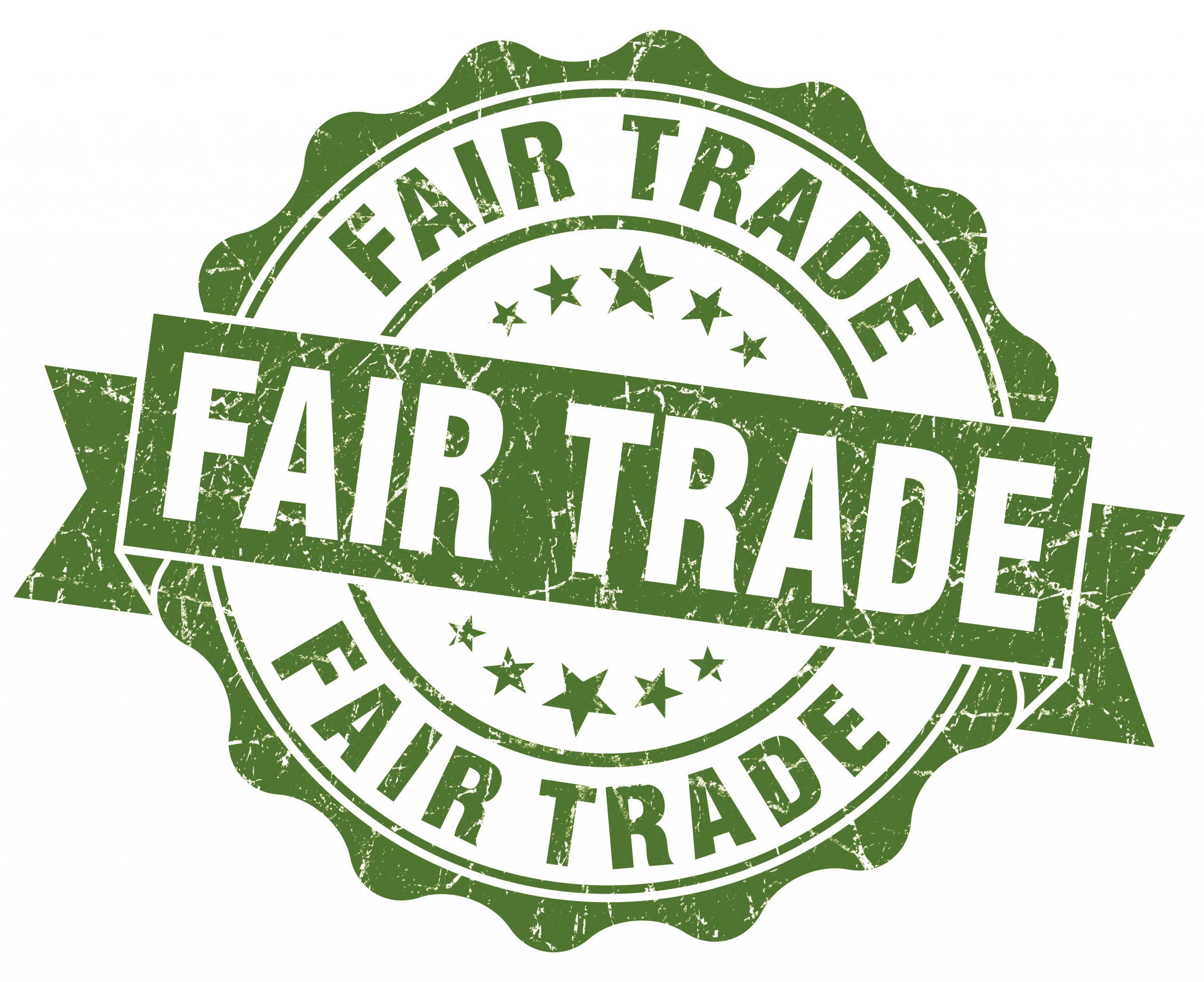Be Wary of “Fake” Fair Trade Sellers
May 12, 2015
You May Be Buying “Fake” Organic Products
A growing trend among consumers is purchasing organic and other products that are deemed “Fair Trade.” Essentially, Fair Trade is the practice of purchasing products from producers in developing countries at a fair and honest price. By purchasing these types of products, consumers can feel good knowing the producers are being treated fairly and that they are supporting something positive. While this is all well and good, police in Europe have begun to identify counterfeit Fair Trade labels.
In an article posted on Telegraph.CO.UK, officials have found that the Fair Trade certification logos that appear on many products can be easily copied and affixed to products that may not necessarily be certified Fair Trade. Europol law enforcement agencies have warned consumers that organized crime groups have come together to run these counterfeiting operations throughout Europe.
The scheme consists of producing quality labels to affixing them to “everyday” products that are sold at a premium price, taking advantage of those who can pay more for their groceries. “Counterfeiters regularly copy/forge these certification marks and apply them to counterfeit products to make them appear genuine,” the report says. “The food industry has seen a growth in the abuse of 'organic’ labels attached to products that do not comply with the organic certification but have higher retail prices.”
Criminal organizations partaking in this practice stand to make huge profits by targeting consumers who are happy to pay a premium price for Fair Trade products to ensure the producers of those products are treated with respect. While Europol is aware of the problem, they do not know to what extent it reaches. “The exact scope and scale of the counterfeiting business is not known and it is probably fair to assume that the reality exceeds all estimates and projections,” its report adds.
In 2011, an investigation uncovered that one in six delicatessens, restaurants, and farm shops claimed to offer “handmade,” “organic,” or “fresh” products to deceive consumers into paying a higher price. Officials warn that shoppers should be particularly careful when shopping at street markets or on websites for Fair Trade items and ensure that the products they are purchasing are indeed certified by the correct organization, such as the Soil Association, the United Kingdom’s largest organic certifier.
While Europol has uncovered the scheme, other organizations such as the Soil Association believe it is not a widespread problem. “Our procedures do not allow a lot of room for any counterfeiting to get through,” the spokesman for the Soil Association said. Additionally, a spokesperson for the Fair Trade Foundation stated its “active campaigner base” has alerted the organization to companies that are offering fraudulent Fair Trade goods, and that they take the allegations “extremely seriously.”


.jpg)



